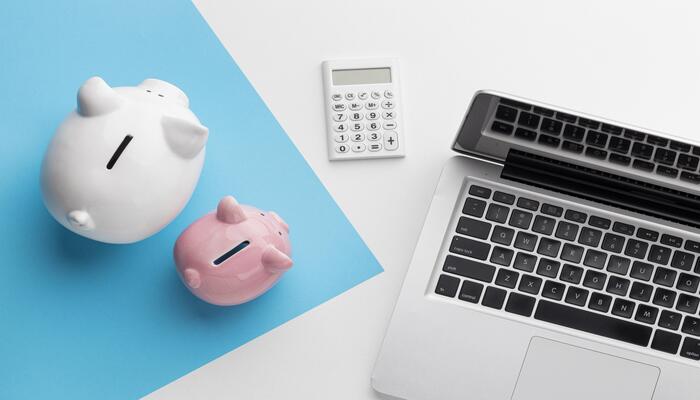Creating a personal budget is one of the most important steps toward achieving financial stability. A well-planned budget not only helps manage your finances but also provides a clear view of your income and expenses.
1. Understand Your Current Financial Situation
Before starting a budget, it is crucial to understand your current financial situation. This involves listing all your sources of income and summing up the total amount. Next, write down all your monthly expenses, categorizing them into housing, food, transportation, and other categories. Having a clear view of where your money is coming from and where it is going is the first step to an effective budget. Knowing this helps identify financial patterns and areas that need adjustment.
2. Define Your Financial Goals
Setting clear and specific financial goals is essential for creating a budget. Your goals might include paying off debt, saving for a trip, building an emergency fund, or investing for the future. Define both short-term and long-term goals. Short-term goals could be saving for a new gadget, while long-term goals could be buying a house. Defining these goals helps direct your financial decisions and keeps you motivated to stick to your budget.
3. Categorize Your Expenses
To make tracking your expenses easier, divide them into categories. Common categories include housing, food, transportation, entertainment, and savings. You can further break down these categories for more detailed tracking. For instance, transportation can include fuel, public transit, and car maintenance. By doing this, you can identify areas where you can cut back and redirect those funds to your financial goals. Using personal finance apps can make this task easier and more efficient.
4. Track Your Expenses Daily
Monitoring your expenses daily is a crucial practice for sticking to your budget. Keep a detailed record of all your transactions, whether through an app, spreadsheet, or notes. This practice allows you to see where you are overspending and make necessary adjustments. Tracking your expenses daily also helps avoid impulsive purchases and ensures you stay within your budget limits.
5. Adjust Your Budget Regularly
A budget is not a static document; it should be adjusted as your circumstances change. Regularly review your budget to ensure it still aligns with your financial goals. If you find you are spending more in one category than planned, adjust your budget to reflect this change. Flexibility is key to a sustainable budget. Make adjustments for changes in income, unexpected expenses, or changes in financial goals.
6. Establish an Emergency Fund
An emergency fund is an essential part of any budget. It serves as a financial safety net, allowing you to cover unexpected expenses without compromising your budget. Ideally, your emergency fund should cover three to six months of basic expenses. Regularly contribute to this fund until you reach your desired amount. This fund helps prevent debt accumulation from unforeseen circumstances like medical emergencies or job loss.
7. Prioritize Your Debts
If you have debts, prioritizing them in your budget is crucial. Make a list of all your debts, including the amount owed, interest rate, and minimum monthly payment. Then, focus on paying off the debt with the highest interest rate first while making minimum payments on the others. This strategy, known as the avalanche method, helps reduce the total cost of your debt over time. Alternatively, the snowball method, which focuses on paying off the smallest debts first, can provide quick wins and boost motivation.
8. Avoid Unnecessary Spending
One of the biggest financial pitfalls is unnecessary spending. Identify areas where you can reduce or eliminate unnecessary expenses. This might include eating out less often, canceling subscriptions to services you don’t use, and avoiding impulse purchases. Cutting back on these expenses can free up a significant amount of money to be invested in your financial goals. Mindful spending and differentiating between wants and needs play a critical role in maintaining a budget.
9. Review Your Progress Regularly
Finally, regularly reviewing your progress is essential to ensure you are on track to meet your budget and achieve your financial goals. Do this monthly, evaluating your expenses, income, and progress toward your goals. Adjust your budget as necessary based on this review. Celebrating small victories along the way can help maintain motivation and commitment to your budget. This review process helps you stay aware of your financial health and make informed decisions.
Achieving Financial Stability Through Effective Budgeting
Creating and sticking to a personal budget is an ongoing journey that requires discipline, flexibility, and commitment. By following the steps outlined in this article, you will be well on your way to achieving financial stability and realizing your goals. Remember, a budget is a powerful tool to take control of your finances and build a more secure financial future. With patience and persistence, you can develop healthy financial habits that will benefit you for years to come.





